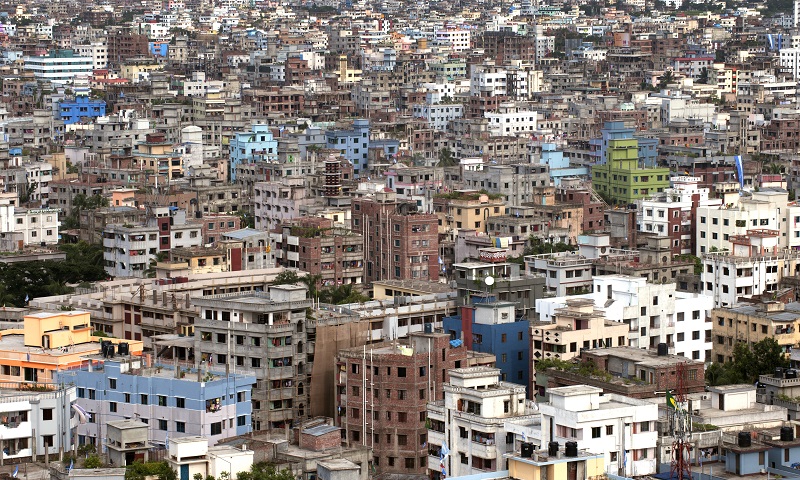
Young people are at the core of economic growth in rapidly urbanising cities and towns. They are also the key to social development. However, today’s urban agenda often neglects the central role young people play in building sustainable cities. An event on “Youth and the New Urban Agenda” was held on 6 June at UN Headquarters in New York and organized by the United Nations Human Settlements Programme (UN-Habitat) during the Habitat III Informal Stakeholder Hearings involving consultations between Civil Society and Member State representatives.
The global “youth bulge” means that there are more people under the age of 25 today than ever before; totalling nearly half of the global population. Cities are also younger than ever and it estimated that as many of 60% of urban dwellers will be under the age of 18 by 2030. The speed of urbanisation is also the fastest it has ever been in human history and policymakers need to catch up to the needs of the youth bulge to build sustainable, inclusive and poverty-free cities.
The UN Secretary-General’s Envoy on Youth, Ahmad Alhendawi, emphasised the need to focus on the role of youth in urban leadership, employment and social development in Habitat III’s New Urban Agenda. “Youth issues are urban issues,” and cities cannot ignore the challenges faced and opportunities presented by the global “youth bulge.”
Kenya’s Envoy to UN-Habitat, Professor Sam Ongeri, also spoke about the need for inclusive youth policies for economic and political empowerment as part of the UN’s 2030 Sustainable Development Agenda. Kenya’s science, technology and innovation sector is now fuelling the country’s economic growth, and is led largely by young Kenyans. Including young people with the technical skills and new business savvy are helping urban centres realize Sustainable Development Goals (SDGs) 10 and 11, reducing inequalities while building sustainable cities. Throughout the East Africa region, cities are tapping into the energy of young people to drive social development via urbanisation.
Representatives from civil society and youth organisations also shared global experiences and best practices of engaging youth in urban policies involving youth protection, political activism and economic empowerment in urban communities from all around the world. Civil society plays an important role in bringing youth to the table in making policies and decisions for sustainable cities.
Habitat III is the 3rd UN Conference on Housing and Sustainable Urban Development that takes place every two decades. Habitat III will establish the New Urban Agenda which aims to couple ever-increasing urbanisation with more inclusive, equalising and sustainable development. This year’s Habitat III conference will take place in Quito, Ecuador on 19-20 October.
For more information about Habitat III, please click here.
Source & Copyright: UNDESA
 Welcome to the United Nations
Welcome to the United Nations